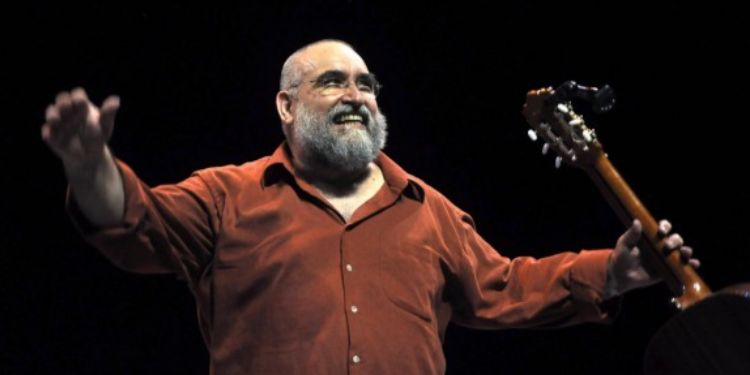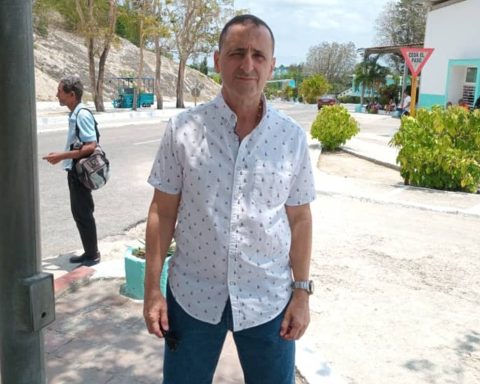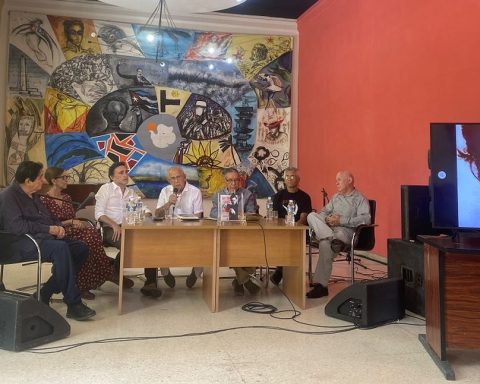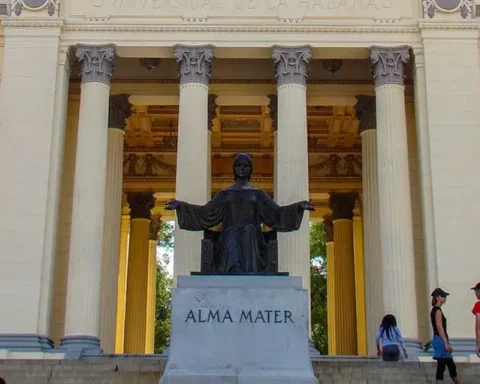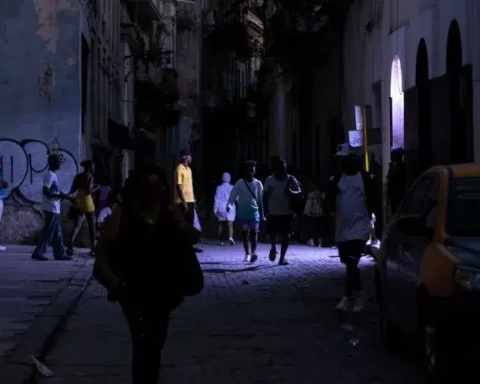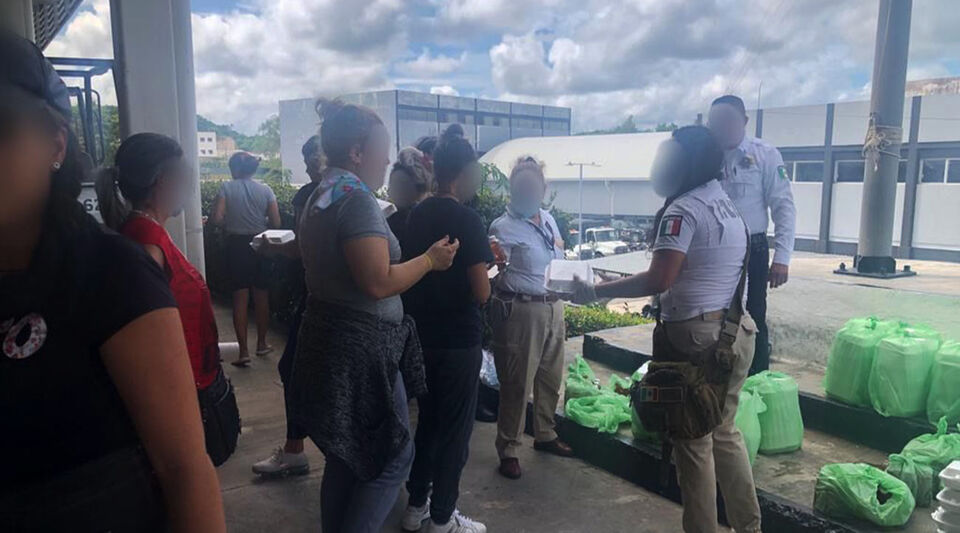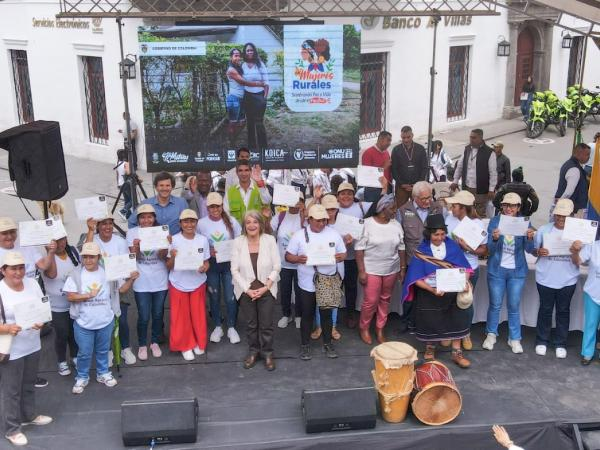MIAMI, United States. – Cuban singer-songwriter Pedro Luis Ferrer resigned from the Union of Writers and Artists of Cuba (UNEAC)as he let it be known in a post entitled “Declaration of autonomy with respect to UNEAC” and posted this Wednesday on his Facebook wall.
Ferrer conceived his statement as “an issue that cannot be postponed” and said that his jurisdiction had been situated “in the sphere of autonomy where the role of ‘member of UNEAC’ does not exist”.
Before reaching that conclusion, he justified: “My mother conceived me and gave birth to me in Cuba. Thus, residing on her map is a natural nature. In such a way, no personal, administrative or political will could dissolve the blessed native attribute that Nature granted me. In the same way that being born on planet Earth inoculates the native essence of ‘citizen of the world,’ ” she wrote.
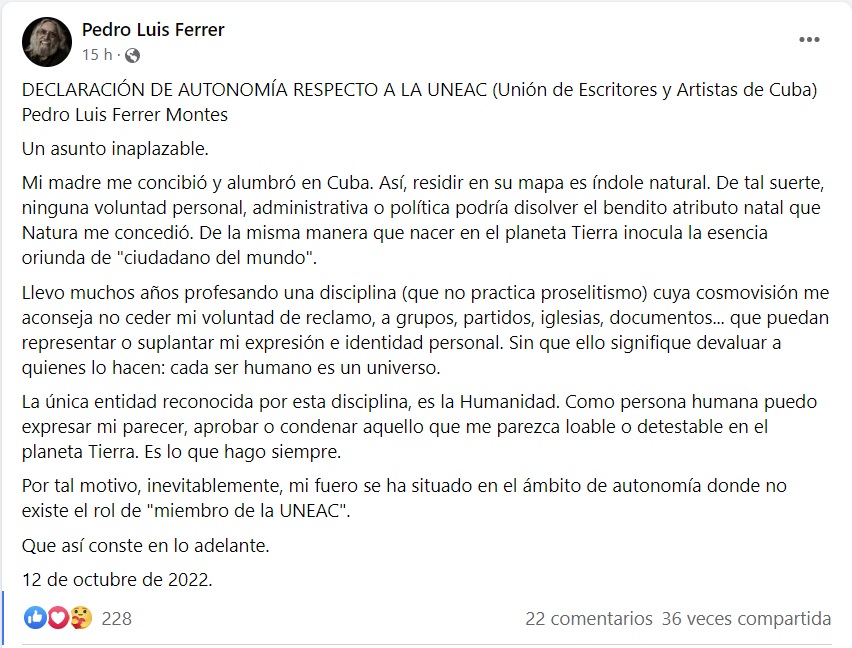
“I have spent many years professing a discipline (that does not practice proselytism) whose worldview advises me not to give up my will to claim, to groups, parties, churches, documents… that can represent or supplant my expression and personal identity. Without this meaning devaluing those who do it: each human being is a universe”, he added.
“The only entity recognized by this discipline is Humanity. As a human person I can express my opinion, approve or condemn what seems praiseworthy or detestable on planet Earth. It is what I always do”, said Ferrer before concluding that, for these reasons, he resigned from the UNEAC.
Ferrer’s decision comes after the publication by official media of a letter titled “Message from Cuban educators, journalists, writers, artists and scientists to their colleagues from other countries”which adds up to the number of dozens of Cuban artists and intellectuals who are members of the UNEAC who deny the repression on the island.
The official statement has been seen as an attempt by the island’s authorities to show an image of unity after the popular protests in the country.
Roberto Carcassés assures that neither he nor his father signed a letter denying repression in Cuba
After the publication of that document, more than a hundred Cuban artists, intellectuals and activists rejected the pronouncements of the officialdom.
The text reminds those who signed the official statement that it summarized the context that the Island is going through today, marked by human rights violations, by the increase in political prisoners and by an unprecedented mass exodus.
The document also questions, in addition, that officials, artists and academics speak out in favor of state policies that directly affect the population of the Island.
“Against that population —its urgencies and needs— officials, artists and academics speak out today. They do it with an elitist language, which prioritizes a state agenda over the demands of ordinary people. In a document that denies the humanist values of national history and culture. An intellectually mediocre text, politically reactionary and socially insensitive. Writers who were repressed justify the repression. Historians and jurists disguise the power of the bureaucracy and abandon the real people. Researchers who focus their books and articles on the analysis of popular subjects, racial dynamics or social exclusion, today criminalize the demands and rights of social groups that yesterday they exposed in congresses and academic spaces, either in the country or in the world. Foreign”.
The response of those who oppose the regime also warns that those who signed the official declaration “have chosen to support the repression exerted against their people.”
Receive information from CubaNet on your cell phone through WhatsApp. Send us a message with the word “CUBA” on the phone +525545038831, You can also subscribe to our electronic newsletter by giving click here.
